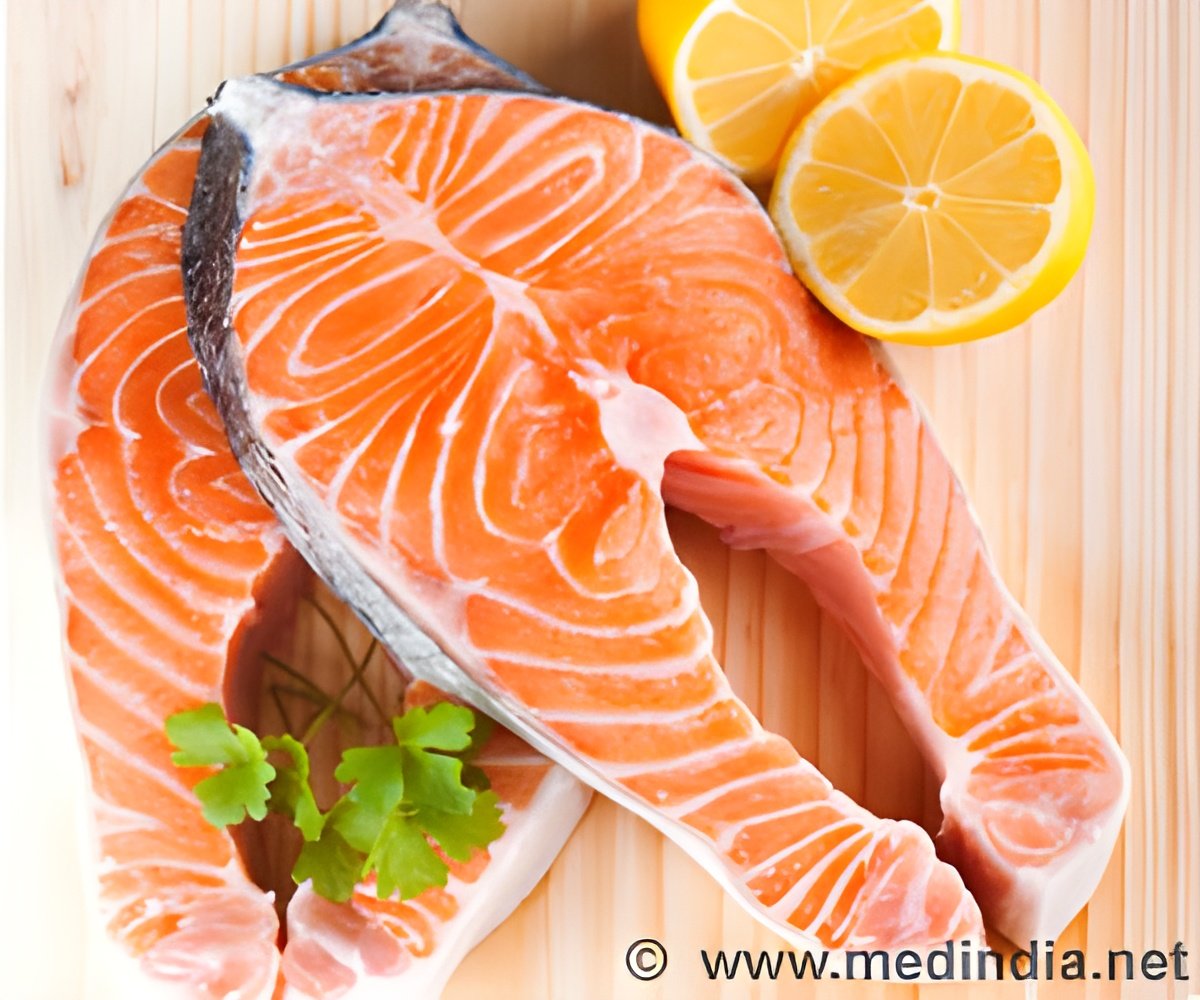Omega-3 fatty acids could stop or slow the growth in the number of triple-negative breast cancer cells more effectively than cells from luminal types of the disease, say researchers.

Omega-3 fatty acids are found in oily fish like sardines and salmon, and also in oils derived from plants like hemp and flax.
Previous studies suggest these compounds can negatively affect critical mechanisms in cancer cells, namely those responsible for proliferation and for apoptosis, or programmed cell death.
Lead author on the study Thomas J. Pogash, a scientific technician in the Fox Chase Cancer Center lab of Jose Russo, MD, said that the new work underscores the important role common compounds found in food may play in keeping cancer at bay.
"When you compare a western diet to a mediterranean diet, which has more omega-3s, you see less cancer in the mediterranean diet. They eat much more fish," Pogash said.
When a cancer cell digests omega-3s, the fatty acid is broken down into smaller molecules called metabolites.
Omega-3 and its metabolites were observed to inhibit proliferation in all cell lines, but the effect was dramatically more pronounced in the triple-negative cell lines.
Source-ANI
 MEDINDIA
MEDINDIA




 Email
Email










